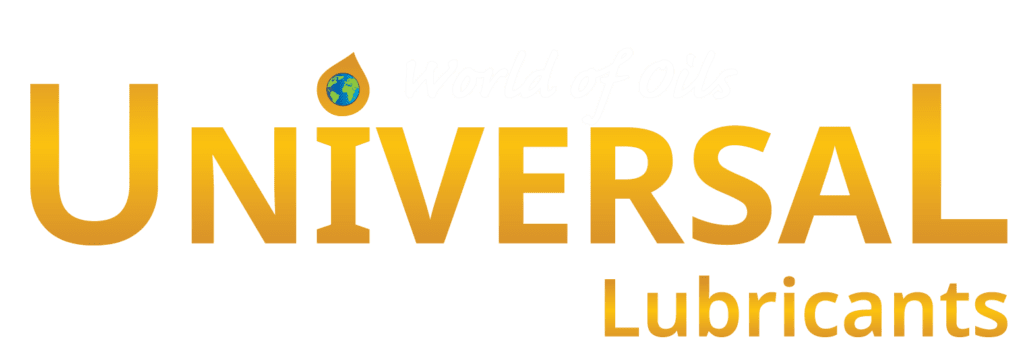Why Lubrication Matters More Than You Think
The Cost of Neglecting Proper Lubrication
Increased wear and tear – leading to early replacement of parts. Frequent breakdowns – unexpected stoppages that cost time and money. Higher energy consumption – machines working harder than necessary because of extra friction. Catastrophic failures – in critical equipment, this can mean complete replacements instead of simple repairs.
Studies show that as much as 40% of equipment failures are directly linked to improper lubrication. That’s not just a maintenance problem – it’s a financial one.
Matching the Lubricant to the Job
By matching the lubricant to the application, you’re not just preventing failure – you’re optimising performance.
How the Right Lubricant Saves You Money
Also Read >> How to Maximise ROI with Lubrication Management
Real-World Example: Fleet Vehicles
The Role of Maintenance Schedules
A well-structured maintenance schedule:
Sustainability and Cost Savings
There’s also a sustainability angle to the right lubrication. Machines that run efficiently consume less fuel and electricity, directly cutting operational costs and reducing carbon footprint. A longer equipment life also means fewer resources are wasted on manufacturing and shipping replacements.
In other words: proper lubrication is not only good for your wallet – it’s good for the planet.
How to Choose the Right Lubricant Partner
Partnering with a specialist supplier ensures:
Where to Find the Right Lubricant Partner
If you want to maximise savings and protect your equipment, choosing the right supplier is just as important as selecting the product. That’s where Universal Lubricant comes in.
They provide a wide range of high-performance lubricants, greases, and oils tailored to various industries, from transportation to agriculture. With expert advice, bulk supply options, and a strong focus on both performance and sustainability, Universal Lubricant ensures you get the right solution for every application – helping you save money on repairs and maintenance in the long term.

